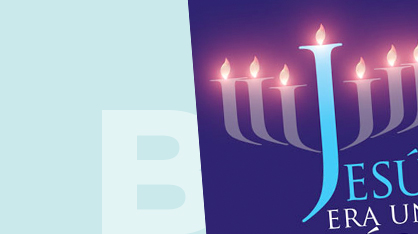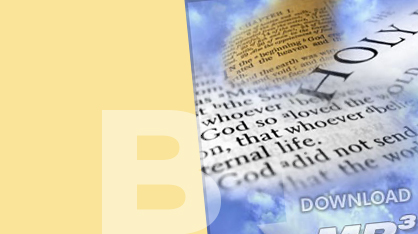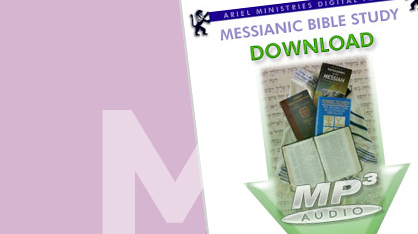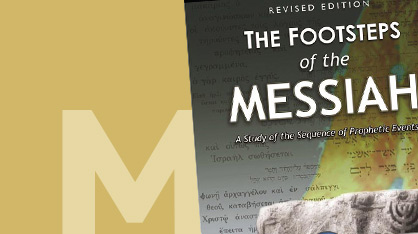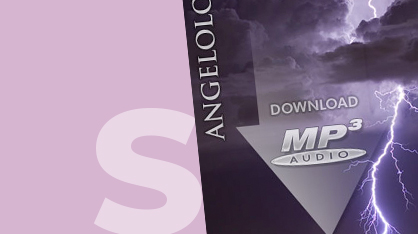Arnold Answers
Related Questions
Couldn’t “ends of the earth” in Psalm 2:8 be poetic exaggeration referring to David’s subjugation of many nations?
[Here is the full text of the QUESTION from the reader:]
In your work HaMashiach – The Messiah of the Hebrew Scriptures, you mention that Psalm 2 cannot apply to David for the following reason: “While David was a great king, God never gave him authority over all the nations (verse 8), nor did he ever rule the uttermost ends of the earth” (p. 83). However, it seems to me that the “ends of the earth” could easily be poetic exaggeration to draw attention to David’s subjugation of many nations, like Moab, Syria, and Edom (II Sam. 8). After all, Acts 2 uses hyperbole when it talks about Jews from “every nation under heaven” since this excludes China, the Mayans in Peru, etc. In Romans 16:26, Paul talks about how the “mystery” of Messiah Jesus has been made known to “all nations,” although Christianity was still mostly confined to the Mediterranean world. These aren’t mistakes; they are just common literary devices. Why take Psalm 2 any differently?
And here is the full text of Psalm 2 (ASV):
1 Why are the nations in an uproar
And the peoples devising a vain thing?
2 The kings of the earth take their stand
And the rulers take counsel together
Against the LORD and against His Anointed, saying,
3 “Let us tear their fetters apart
And cast away their cords from us!”
4 He who sits in the heavens laughs,
The Lord scoffs at them.
5 Then He will speak to them in His anger
And terrify them in His fury, saying,
6 “But as for Me, I have installed My King
Upon Zion, My holy mountain.”
7 “I will surely tell of the decree of the LORD:
He said to Me, ‘You are My Son,
Today I have begotten You.
8 ‘Ask of Me, and I will surely give the nations as Your inheritance,
And the very ends of the earth as Your possession.
9 ‘You shall break them with a rod of iron,
You shall shatter them like earthenware.’”
10 Now therefore, O kings, show discernment;
Take warning, O judges of the earth.
11 Worship the LORD with reverence
And rejoice with trembling.
12 Do homage to the Son, that He not become angry, and you perish in the way,
For His wrath may soon be kindled.
How blessed are all who take refuge in Him!
Here is Arnold’s ANSWER:
Psalm 2 is not a psalm about which there was or is a debate between Messianic Jews and non-Messianic Jews, particularly Orthodox Jews. Rather, this was a psalm that was clearly interpreted as being Messianic by Orthodox Judaism. Furthermore, the phrase “the ends of the earth” could hardly be limited to the specific nations you listed. For example, Lebanon was part of the Promised Land. Israel never owned this part of the Promised Land, nor was Lebanon under the subjugation of David. This is also true of other nations, such as Tyre, whose king was a personal friend of David. Likewise, other parts of the Middle East, such as Egypt, were a part of the known world, but they weren’t under David’s authority. So, interpreting Psalm 2:8 as a literary device describing David’s reign is difficult to defend.



